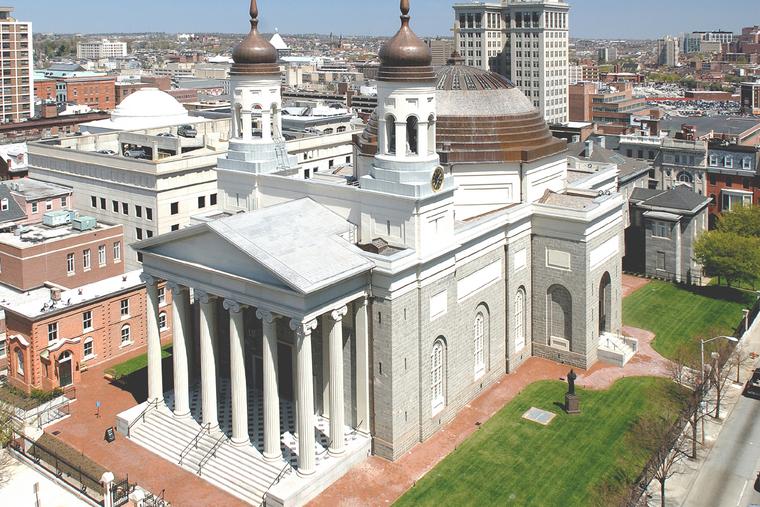Names of Baltimore Clergy in Sexual Abuse Report Can Be Revealed, Judge Rules
The report alleges that Church officials attempted to cover up many of the abuses by protecting predator priests and dismissing complaints.

A Maryland circuit court ruled Aug. 16 that the identities of almost all of those named in the attorney general’s report on child sexual abuse in the Baltimore Archdiocese can now be released to the public.
Maryland Attorney General Anthony Brown will be releasing all but three of the redacted names following last week’s Circuit Court for Baltimore City’s ruling authorizing him to do so on or after Sept. 26.
The report, first released in April of this year, outlines a four-year investigation that alleges that more than 600 children were abused by 156 people, most of whom have died. The names of 46 individuals were redacted. The allegations span a period beginning in the 1940s through 2002.
The report alleges that Church officials attempted to cover up many of the abuses by protecting predator priests and dismissing complaints.
A court order initially mandated that the report redact the names of individuals who are currently living, including 10 alleged abusers, none of whom are currently in ministry today, who had no prior allegations against them.
Among the redacted names were five “ranking officials” in the Archdiocese of Baltimore who “had extensive participation in the archdiocese’s handling of abuser clergy and reports of child abuse,” a Tuesday press release from Brown’s office said.
“In addition, the names were redacted of over two dozen other individuals who were identified by name at various points in the report although they are not accused of child sexual abuse,” the release said.
All but three of the redacted names will be revealed, according to the press release.
Those whose names were redacted had the chance to appeal the order, which many did during two hearings in July, before the unredacted version is published in September, according to the memorandum opinion and order issued by the court Aug. 16.
“These names are being released because the key to understanding the report is understanding that this did not happen because of anything ‘the archdiocese’ did or did not do. It happened because of the choices made by specific individuals at specific times,” Judge Robert Taylor wrote in the court’s opinion.
“There is a strong public policy interest in bringing these choices and actions into public view. The interest is not in putting anyone in jail, at this point; the events at issue occurred so long ago that this does not seem plausible,” Taylor wrote.
“But there is an interest in exposing what happened, to help ensure that it does not happen again. There is an interest in exposing how it happened, so that the public in general and public policy makers in particular can decide what, if any, actions need to be taken to prevent similar occurrences in the archdiocese and other institutions accustomed to a culture of respect, deference, hierarchy, and the lack of accountability that is often a part of such institutions,” he wrote.
The 463-page report is not a criminal charging document but a statement of alleged facts for informational purposes.
A Tuesday statement from the Archdiocese of Baltimore said: “Our foremost thought remains our concern and prayers for survivors of child sexual abuse. Today’s opinion will no doubt be a reminder for survivors and others of the great harm done to children.”
The statement said the archdiocese has cooperated throughout the entirety of the legal process.
“When the report was complete, the archdiocese believed that some of those named in the report, not accused of abuse, had a right to be heard as a fundamental principle of fairness. Publishing a report without such an opportunity would be a violation of the due process guaranteed to all citizens,” the statement said.
“The archdiocese will continue to respect the legal process and actions of the courts that ultimately make legal determinations in these matters,” the statement said.
“The archdiocese has not opposed the release of the attorney general’s report, just as it has continued its long-standing policy of making public credible allegations of child sexual abuse involving its personnel,” the statement continued.
“We are committed to continuing all of our efforts to keep safe the children in our care, and we recognize that the attorney general’s report is a reminder of a sad and deeply painful history tied to the tremendous harm caused to innocent children and young people by some ministers of the Church,” the statement said.
“We ask all to join us in praying for all victim-survivors of abuse and for all who have been affected by the scourge of child sexual abuse.”
- Keywords:
- baltimore archdiocese














